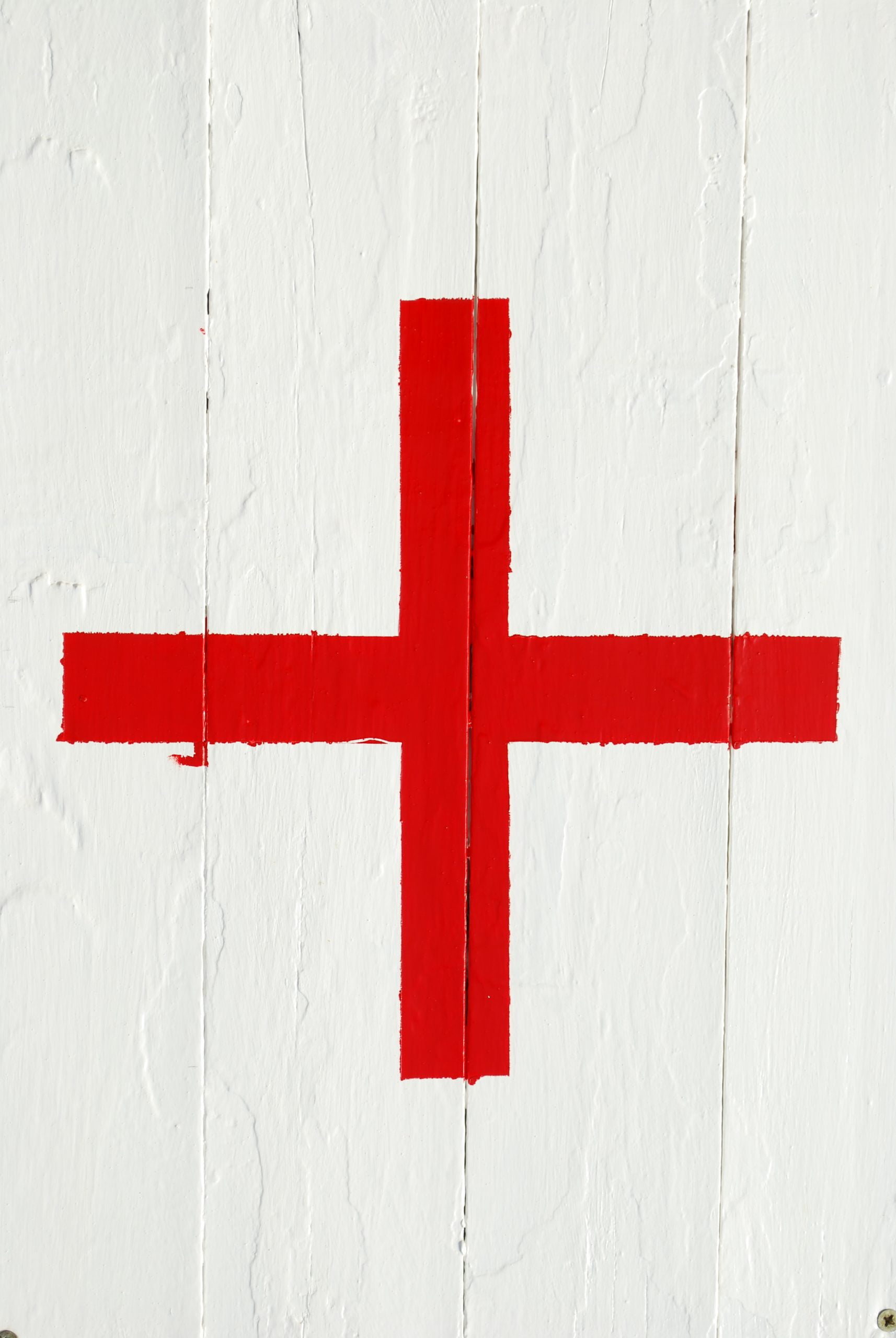Disaster-Specific Preparedness: Hurricanes
Prepping Essentials: The Ultimate Checklist
Home Defense in a Crisis Situation
Survival Tips from an Expert Prepper
As the world becomes increasingly unpredictable, it’s more important than ever to be prepared for any type of disaster. Whether you live in an area prone to hurricanes or earthquakes, having a plan and being ready can mean the difference between life and death. In this blog post, we will cover everything you need to know about preparing for different types of disasters, including tips on how to survive specific events like hurricanes, as well as home defense strategies and essential prepping essentials that every expert recommends.
Let’s start with one of the most common natural disasters – hurricanes. If you live in an area where these storms are frequent, there are several things you should do to prepare your family and home. First, make sure you have a supply kit that includes non-perishable food, water, first aid supplies, flashlights, extra batteries, and a portable radio. You may also want to invest in a generator so you can stay warm and powered up during extended outages.
Next, create a communication plan with your loved ones so everyone knows what to do if they get separated during the storm. This could include designating a safe meeting place and establishing check-in times after the storm has passed. It’s also important to keep track of local weather updates and evacuate if necessary. Remember, safety is always the top priority!
Now let’s move onto some general prepping essentials that every expert recommends. These items will help ensure you and your family are prepared for whatever comes your way.
1. Water Filtration System – A high-quality filtration system is crucial for ensuring access to clean drinking water during emergencies. Look for systems that remove bacteria, viruses, and other contaminants.
2. Food Storage – Stockpiling non-perishable food items is another must-have prep item. Consider purchasing long-term storage options such as freeze-dried meals or MREs (Meal Ready-to-Eat) pouches.
3. Medical Supplies – Make sure you have enough medical supplies to treat injuries and illnesses until professional help arrives. This includes bandages, antiseptic wipes, pain relievers, and prescription medications.

4. Firearms – Having a firearm for self-defense is critical when law enforcement and emergency services aren’t available. Choose a reliable weapon and practice regularly to maintain proficiency.
5. Communication Devices – During a crisis situation, communication is key. Be sure to stock up on multiple methods of communication such as walkie talkies, satellite phones, and ham radios.
Finally, let’s discuss home defense in a crisis situation. When SHTF (Sh*t hits the fan), protecting yourself and your family is paramount. Here are some tips from an expert prepper on how to defend your home against intruders:
1. Secure Your Perimeter – Use barbed wire fencing, motion sensors, and surveillance cameras to detect potential threats before they reach your doorstep.
2. Arm Yourself – Keep weapons close by at all times, including firearms, knives, and batons. Practice using them regularly to build confidence and skill.
3. Create Defensive Positions – Strategically position sandbags, concrete blocks, and other heavy objects around your property to slow down attackers and give you time to respond.
4. Stay Vigilant – Always remain alert and aware of your surroundings. Keep windows and doors locked, and never open them unless absolutely necessary.
Remember, disaster preparedness isn’t just about buying gear and storing supplies. It’s also about having a mindset of resilience and adaptability. By following these tips and staying informed, you and your family can increase your chances of surviving any disaster.